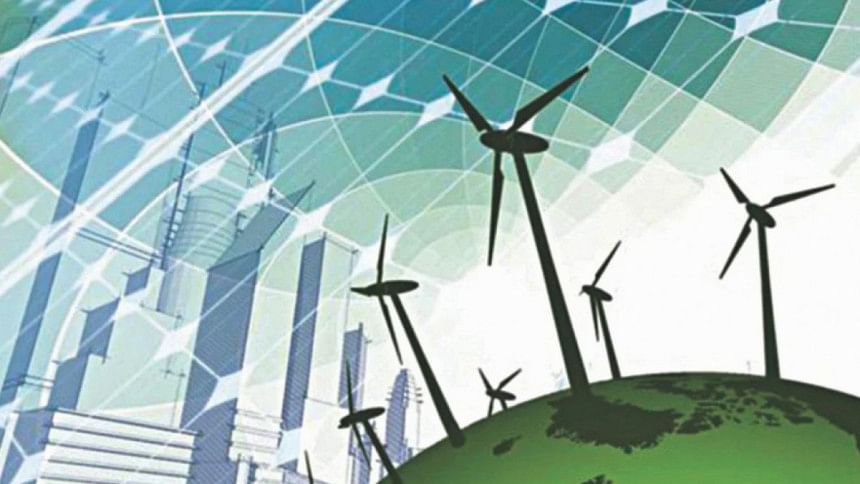RMG sector: A catalyst for Bangladesh’s energy transition

While Bangladesh is not a significant contributor to global carbon emissions, it is one of the most vulnerable countries to the impacts of climate change. This paradox presents a unique opportunity for the nation to position itself as a global leader in climate action. Experts at a recent event in Dhaka highlighted the potential for Bangladesh to pioneer efforts in carbon reduction, with the ready-made garment (RMG) sector as a central player in this transformation.
The discussion, organised by The Daily Star and Oxfam, emphasised the RMG industry's ability to adopt renewable energy and energy-efficient technologies. This sector alone could save approximately 1,159 kilotonnes of oil equivalent (KTOE) of energy annually, a substantial portion of the 3,740 KTOE consumed by Bangladesh's industrial sector. Initiatives such as solar photovoltaic systems, net metering policies, and green financing are crucial to achieving these goals.
The shift towards renewable energy and sustainability in Bangladesh, however, requires more than just industry-level initiatives. Policymakers must prioritise energy sovereignty over energy security, as highlighted in the report titled, "RMG sector must lead renewable energy push", published on January 14. Focussing on domestic resources like solar, wind, and gas can reduce dependence on volatile global energy markets, a lesson underscored by the economic fallout from the Ukraine war.
While the government has made some strides in addressing energy inefficiencies, a lack of inter-departmental collaboration and the absence of a clear timeline for achieving net-zero emissions remain critical barriers. Experts pointed out that local expertise is often sidelined in favour of foreign consultants, leading to misaligned energy policies and untested technological solutions. The government must integrate local knowledge into its planning and execution processes to ensure long-term success.
Equity in the energy transition also emerged as a pressing concern. Analysis of existing policy frameworks revealed significant gaps in addressing the needs of women and marginalised groups. A just energy transition must be inclusive, incorporating the voices of those most affected by energy policies, particularly workers and local communities.
The global shift back to fossil fuels poses additional challenges for Bangladesh. However, this moment presents an opportunity for the country to collaborate with other climate-affected nations and advocate for stronger international commitments to sustainability. Removing taxes on renewable energy technologies and expanding energy audits across industries are necessary steps to drive this transition.
The RMG sector's leadership in adopting green technologies could serve as a model for other industries. As one of the largest contributors to Bangladesh's economy, this sector holds the potential to inspire a broader national commitment to climate action. Bangladesh's vulnerability to climate change should no longer be seen as a liability but as a call to action.
Hasan Meer is a journalist at The Daily Star

 For all latest news, follow The Daily Star's Google News channel.
For all latest news, follow The Daily Star's Google News channel. 




Comments